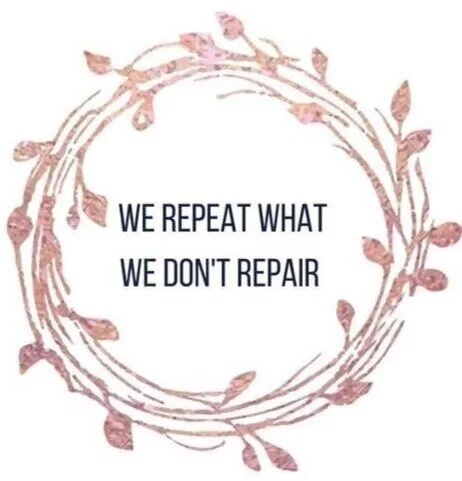
PSYCHOTHERAPY
INDIVIDUAL PSYCHODYNAMIC PSYCHOTHERAPY
“Dynamic psychotherapy, which facilitates a patient’s rewriting of his life narrative, his picture of himself, his past, present, and future, seems uniquely positioned to address the depth of an individual’s experience.”
-Richard F. Summers
Psychodynamic therapy is a form of therapy with a holistic focus on the perspective of the client. It doesn’t focus on outright changing behaviors but rather seeks to understand mental and emotional processes that influence behaviors. Psychodynamic therapist attempt to help clients find patterns in their emotions, thoughts and beliefs in order to gain insight into their current self. Additionally, special attention is payed to understanding a client’s childhood experiences, as these early life experiences are viewed as being extremely influential in our psychological development and functioning as adults.
Psychodynamic therapy sessions are often intense and unscripted, as therapists arrive to sessions with no schedule or agenda but rather walk along side the client as they talk freely and follow their thoughts and feelings wherever they may go.
In sessions, therapist will take a curious stance and follow a clients thoughts and feelings in an effort to discover a client’s recurring patterns and delve deeper into their unconscious mind.
The goals of psychodynamic psychotherapy are to enhance a client’s self-awareness, to help a client better understand their thoughts, feelings and beliefs in relation to their past experiences and to allow the client to gain a sense of wholeness.

PSYCHOTHERAPY
COUPLES & FAMILY THERAPY
Couples therapy sessions are much like individual psychodynamic psychotherapy sessions, with therapist paying special attention to the clients family of origin, early childhood experiences, attachment styles and there influences on the development of communication styles, conflict resolution, relational dynamics and patterns. Additionally, the therapist helps couples to identify how all of these factors, as well as their thoughts, feelings, emotions and behaviors impact their relationship.

